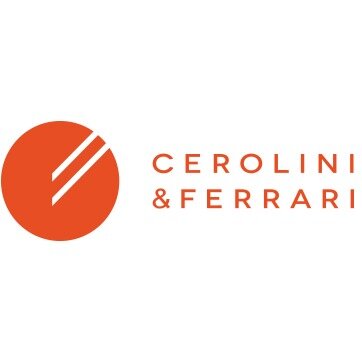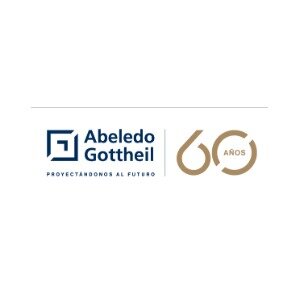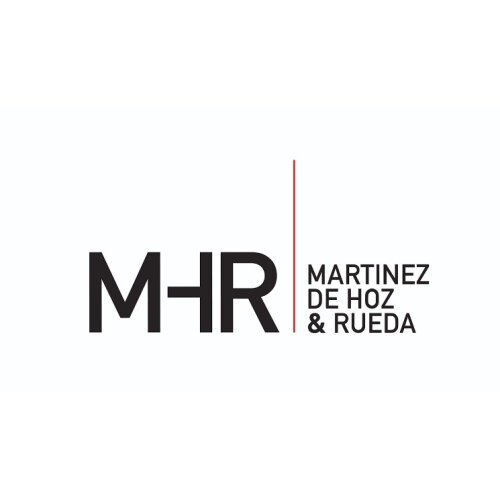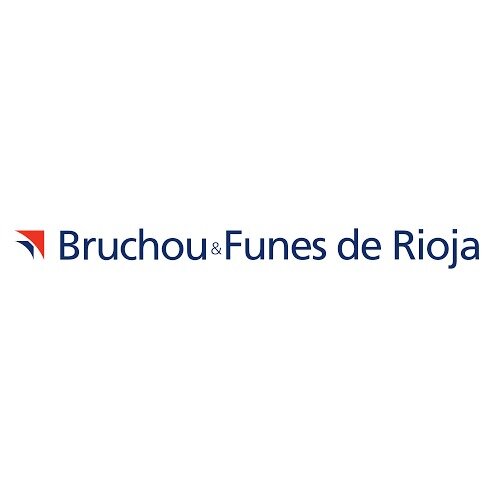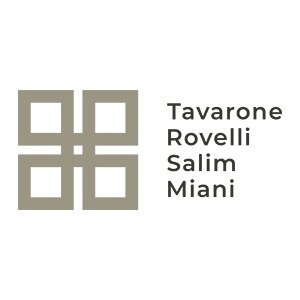Best Mining Law Lawyers in Buenos Aires
Share your needs with us, get contacted by law firms.
Free. Takes 2 min.
List of the best lawyers in Buenos Aires, Argentina
About Mining Law in Buenos Aires, Argentina
Mining Law in Buenos Aires, Argentina, governs the exploration, exploitation, and processing of mineral resources within the province’s territory. Although Buenos Aires is not a leading mining province compared to other regions such as San Juan or Catamarca, mining activities are regulated through a combination of provincial and national frameworks. The principal regulatory body for mining at the national level is the Secretaría de Minería (Mining Secretariat), but the provincial government plays a significant role in permitting, environmental controls, and land use. Mining Law is designed to balance economic development with environmental sustainability, public health, and community rights.
Why You May Need a Lawyer
Legal assistance is often essential in mining matters due to the complex interplay of national, provincial, and municipal regulations, as well as the substantial environmental and financial impacts of mining activities. Situations where you may require a mining lawyer include:
- Licensing and permitting for exploration or extraction activities
- Negotiating land access and surface rights with property owners or indigenous communities
- Compliance with environmental regulations and obtaining the necessary environmental impact assessments
- Resolving disputes over mining claims or property boundaries
- Drafting and reviewing mining joint venture agreements or contracts
- Dealing with administrative sanctions or audits from governmental authorities
- Addressing community consultation and social license to operate
Local Laws Overview
In Buenos Aires, the legal framework for mining derives from national laws, primarily the Argentine Mining Code, and is complemented by provincial legislation and regulatory decrees. Key aspects include:
- Mining Concessions: All mineral resources belong to the state. Private parties may obtain concessions that give them the right to explore and extract minerals.
- Permitting and Licenses: Activities require various licenses, such as exploration permits, environmental licenses, and exploitation concessions. Each license involves specific procedures and requirements.
- Environmental Protection: The law mandates detailed environmental impact studies prior to commencing mining operations, as well as public hearings and ongoing monitoring.
- Land Use: A distinction is made between surface rights (owned by landowners) and mineral rights (owned by the state and assigned via concession). Negotiation is often needed to gain access to land for mining purposes.
- Royalties and Taxes: Mining companies are subject to provincial royalties, national and local taxes, and often must arrange for social or environmental compensations.
- Community Consultation: Argentine law increasingly requires meaningful consultation with local communities, particularly when indigenous peoples are affected.
- Export Controls: Minerals for export are subject to national policies, taxes, and in some cases export restrictions.
Frequently Asked Questions
What is a mining concession and how is it obtained in Buenos Aires?
A mining concession is a state-granted right to explore or exploit mineral deposits. Applications are made through the provincial mining authority, and obtaining a concession involves environmental reviews and proof of technical and financial capacity.
Are environmental studies mandatory before starting mining activities?
Yes, environmental impact assessments are required and must be approved before exploration or extraction can commence. These studies assess potential environmental risks and propose mitigation measures.
Who owns the minerals extracted from the ground?
Mineral resources are owned by the provincial government. However, these can be exploited by private parties under concession contracts granted by the state.
Do I need to negotiate with landowners even if I have a mining concession?
Yes, while concessions grant the right to explore or extract minerals, you still need to negotiate with surface landowners for access, compensation, and possible restoration of land post-operations.
What taxes do mining companies have to pay in Buenos Aires?
Mining companies are subject to national taxes, provincial royalties (a percentage of the value of extracted minerals), and may face additional municipal fees or levies depending on local ordinances.
How are disputes over mining claims resolved in Buenos Aires?
Disputes are typically handled by the provincial mining authority, though complex matters may proceed to administrative appeals or civil courts, depending on the issue's nature.
What obligations do I have towards local communities?
You are required to conduct public consultations, inform affected communities, and address their concerns, especially when indigenous people or environmentally sensitive areas are involved.
Can foreign companies obtain mining concessions?
Yes, foreign individuals and entities can obtain concessions, though they must comply with Argentine law, including registration requirements and possible limitations on land ownership near borders.
What are the main environmental risks regulated under Mining Law?
Main risks include water contamination, soil degradation, air pollution, and biodiversity loss. Regulations strictly control waste disposal, use of chemicals, and require restoration plans after mining activities conclude.
What should I do if a governmental body initiates an investigation or sanction?
It is important to seek legal representation immediately to ensure procedural rights, mount an effective defense, and pursue potential settlement or compliance options.
Additional Resources
If you seek further information or support in Mining Law, the following resources are recommended:
- Secretaría de Minería (Mining Secretariat) - The national agency overseeing mining activities and policy.
- Ministerio de Producción, Ciencia e Innovación Tecnológica de la Provincia de Buenos Aires - Provincial body that manages mining permits, regulations, and economic development.
- Consejo Federal de Minería (COFEMIN) - Federal council coordinating mining policy among provinces.
- Cámara Argentina de Empresarios Mineros (CAEM) - Industry group supporting mining companies, offering guidance and training.
- Universidad Nacional de La Plata, Facultad de Ciencias Naturales y Museo - Offers academic resources and research related to mining and geology.
- Local bar associations and legal clinics providing advice for mining-related legal issues.
Next Steps
If you need legal assistance in Mining Law in Buenos Aires, Argentina, consider the following steps:
- Gather all available documents related to your mining project or concern, such as permits, contracts, and communications with authorities.
- Make a brief timeline of relevant events and any previous interactions with government or local communities.
- Identify your primary legal questions or areas of concern, such as licensing, environmental compliance, or community engagement.
- Contact a specialized legal professional with experience in Mining Law within Buenos Aires. Initial consultations can clarify your situation and inform your next steps.
- Stay updated on regulatory changes and maintain thorough records of all your activities to support your position in case of audits or disputes.
Proactive legal advice can help you ensure compliance, resolve potential conflicts, and safeguard your investments in the dynamic field of Argentine mining.
Lawzana helps you find the best lawyers and law firms in Buenos Aires through a curated and pre-screened list of qualified legal professionals. Our platform offers rankings and detailed profiles of attorneys and law firms, allowing you to compare based on practice areas, including Mining Law, experience, and client feedback.
Each profile includes a description of the firm's areas of practice, client reviews, team members and partners, year of establishment, spoken languages, office locations, contact information, social media presence, and any published articles or resources. Most firms on our platform speak English and are experienced in both local and international legal matters.
Get a quote from top-rated law firms in Buenos Aires, Argentina — quickly, securely, and without unnecessary hassle.
Disclaimer:
The information provided on this page is for general informational purposes only and does not constitute legal advice. While we strive to ensure the accuracy and relevance of the content, legal information may change over time, and interpretations of the law can vary. You should always consult with a qualified legal professional for advice specific to your situation.
We disclaim all liability for actions taken or not taken based on the content of this page. If you believe any information is incorrect or outdated, please contact us, and we will review and update it where appropriate.





